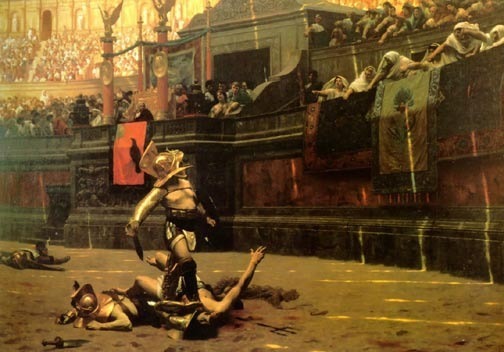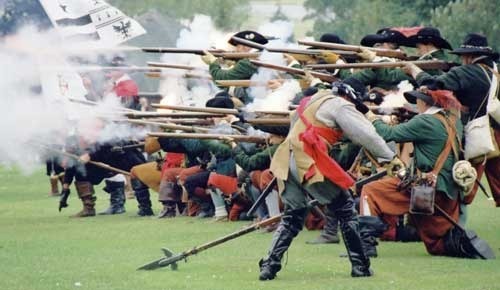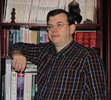How to set about researching Historical Fiction

I write historical fiction and fantasy novels because those are exactly the type of novels I also enjoy reading. If you are considering writing historical fiction here is a quick gallop through the process and the decisions to make.
What to write?
Firstly you have to consider these questions:
•Should you write what you know?
•Should you write what what you love?
•Should you write what YOU would want to read?
My view is that you can write about anything BUT you must been enthusiastic and fascinated by the subject because if you are not moved by it WHO else will be? If you are sufficiently enthused by 11th century Croatia you will go out and read all there is to find about it and in time BECOME an expert on it and so what you LOVE is now what you KNOW.
Why write Historical Fiction?
Here are some reasons to consider choosing to write historical fiction novels:
•Because you love history and historical periods.
•You have the whole of human existence to choose from.
• History is full of colourful backgrounds.
• There is a wealth of fascinating and interesting characters to include.
• Plots can often be suggested or flow from real historical events.
What is the competition
Before you spend years reading up on a subject it is wise to check the market first. Go and visit a book shop and see what is on the shelf. See what is popular at present. Browse Amazon and check out the bestseller lists for historical fiction. There is a really useful website http://www.historicalnovels.info/ which lists 5000+ novels (including mine
 ) you can check the different time period and see what has been written already.
) you can check the different time period and see what has been written already.Consider who the story is about
•A real Person and Real Historical events – which is almost biographical.
•Fictional Person but real history. EG a made up character at the battle of Hastings
•Real person in fictional story. EG Napoleon leads an invasion of China.
•Fictional person and fictional history (but set in an authentic setting) Maybe Richard Sharpe in a fictious battle in Spain.
OK lets hit the books
The one biggest problem (and joy) about writing historical fiction is that you have to do a LOT of research. You sinply have to get the facts right or you will come unstuck. So (amongst many other things) when thinking about the people in your book think – can you answer THESE questions:
•What did they wear?
•How did they speak?
•Where did they live?
•What did they eat?
•How did they fight?
•What did they care about?
•Where then can we find out all this stuff out ??
Even in these digital age there is a LOT can can be learnt (and in some cases ONLY learnt) from books, maps, documents such as birth, marriages and death cerificate, ship manifests, wills, school records, old trade directories etc. Your local library can help you start out but you may well need the services of a larger central library, a focused one such as the libraries in the National Maritime centre at Greenwich or the Public record office. If you are serious about writing historical fiction you will quickly develop a library at home. Check out second hand book shops and even car boot sales to pick up some general purpose reference material but you will have to visit a book shop or Amazon and other online sites to source more detailed books. I write about 6th century England and had to find some VERY obscure books by trawling the internet. Many museums will have a number of books for sale on their subject area and I always check out museum shops.
The Internet is now the single largest source of material on the planet and like it or lump it writers have to use it. You Tube has a wealth of really useful videos. Want to know how to load a Brown Bess musket? Watch a video about it. How to put on a toga? How does Tiger Tank sound when it fires – its all on there too. Facebook is the largest source of images world wide. Join groups relevant to your subject area and get involve din discussion. When I was trying to find a likely place for the lost 7th century battlefield of Degsastan I found a small forum dedicated to early Scottish history. Wikipedia is good start point as a general encyclopaedia BUT take it with a pinch of salt and check additional sources as it is not ALWAYS rght. Google images is great for pictures of pretty much everything as well a a large number of useful maps. The internet should also be your starting point for planning trips to other libraries, battlefields, museums and living history centres.

Which brings me onto the next area critical to good research. Get up, leave the PC behind and get out. Go to museums, visit living history centres and re enactments of battles. Get into the car and drive to a battle field. Walk the streets of Pompeii. Stand where Napoleon stood and see what he saw at La Belle Alliance. The walk across Waterloo field and stand where Wellington did when twenty thousand French cavalry were charging the British Squares. NOTHING replaces actually being there.
If you do all this you should now have the facts and figures, the images and maps that will enable you to write authentic and believable fiction. How to plot your book?? Ah well that is for another article …
For an example of my historical fiction try The Amber Treasure. You can read the first part on my website for FREE.




